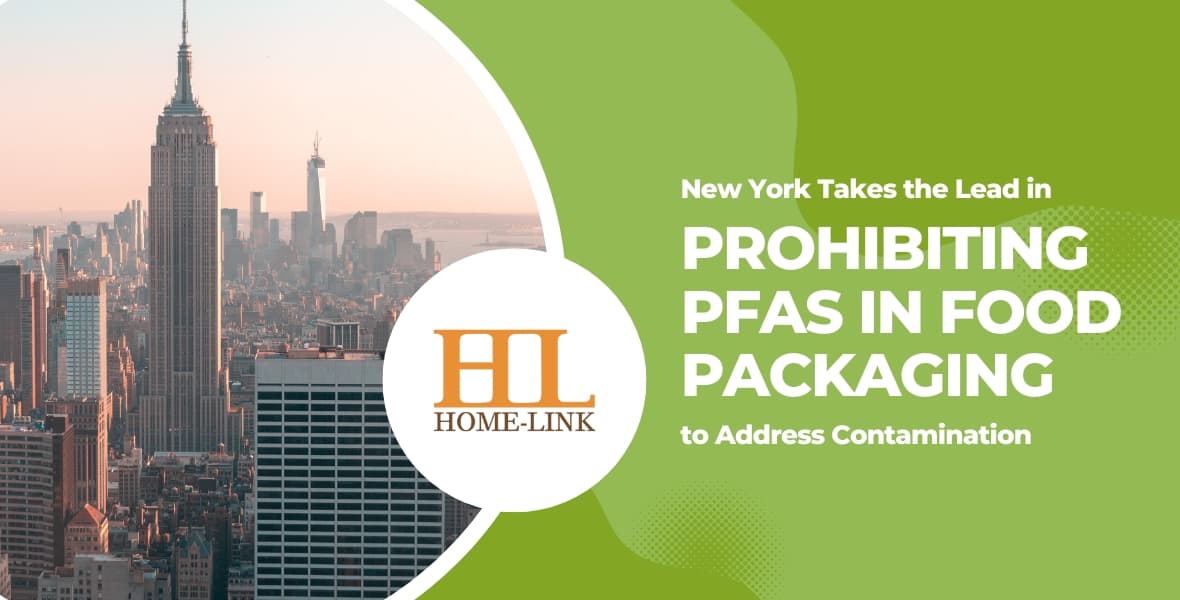On the 5th of January, 2023, the state of New York prohibited the employment of Per- and polyfluoroalkyl substances (PFAS) in any items intended for direct contact with food. This action was taken under the Hazardous Packaging Act and has been effectively implemented since the commencement of the year.
In June 2019, the US Senate Committee on Health Education Labor and Pensions approved a bipartisan amendment that sought to bring a nationwide restriction on PFAS chemicals. This amendment has been followed by the recent move.
It has been suggested that certain chemicals, often referred to as “forever chemicals,” are being utilized in paper packaging for water and oil-resistance applications; however, they have been linked to a range of health concerns.
The New York DEC has recently put into effect a prohibition in addition to other regulations that aim to regulate 1,4-dioxane and poisonous chemicals like benzene which are still present in items made for children.
The New York DEC Commissioner, Basil Seggos, states that the agency puts the safety of citizens and the environment first and that the introduction of new laws for chemicals in common household items is part of the state’s dedication to shielding communities.
As the new year begins, our nation’s already extensive efforts to shield ourselves from hazardous emerging contaminants will be fortified by added rigid regulations.
Is the End of PFAS Near?
The recent ban from New York could be a significant milestone in the effort to eliminate the use of PFAS in the US. This class of chemicals, estimated to be around 12,000, is resistant to environmental breakdown and can contaminate water and soil.
It has been suggested that these compounds may hurt vaccine effectiveness, as well as increase the chances of developing cancer, high cholesterol, pregnancy-induced hypertension, liver damage, reduced fertility, and raising the likelihood of thyroid illness.
Due to their grease-proofing abilities, PFAS is a commonly used additive in packaging materials for major retail stores. This has caused a public outcry, leading to several lawsuits against Burger King and McDonald’s which are alleging the companies have been committing fraud, misrepresentation, and false advertising for stating their food is secure.
By 2025, Restaurant Brands International, the parent company of Burger King, has promised to cease using PFAS in its food packaging globally.
As the rules on the use of PFAS become stricter in the US and other nations, scientists are devising new materials that can take the place of the chemicals without causing any danger to people.
In a joint effort between Flinders University in Australia and One-Five, a German biomaterials developer, research https://www.packaginginsights.com/news/seaweed-surge-eu-accelerates-algae-nutrition-and-packaging-with-new-market-platform.html was conducted to create biopolymer coating materials from seaweed extracts that could be used to substitute for the use of PFAS in food service packaging. The scientists designed a model of a coating from seaweed that they affirm satisfies the operational requirements of traditional grease-resistant packaging materials. This seaweed-based solution is circular, allowing the grease-resistant film to break down naturally and be derived from natural ingredients.

